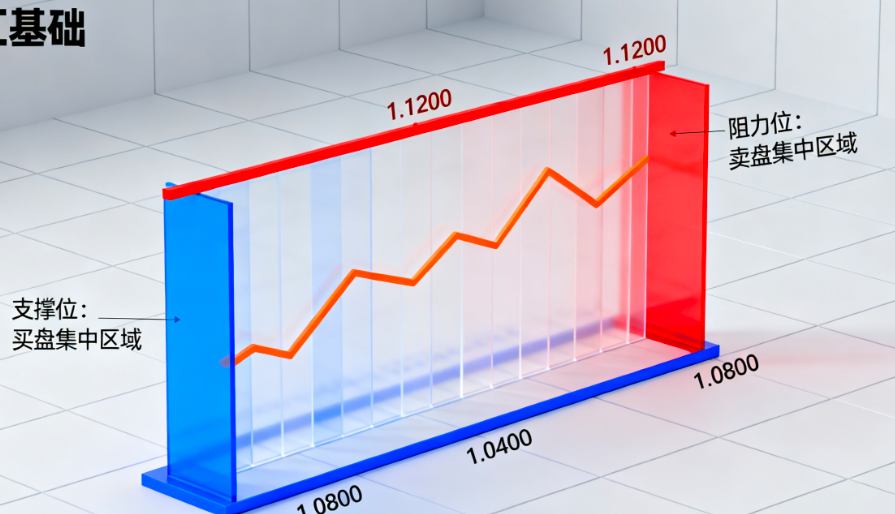
Central Government First Proposes "Maintaining a Reasonable Macro Tax Burden Level": How to Interpret It?
The tone-setting for China's macro tax burden has shifted from pursuing "stability" to needing to "maintain a reasonable level."
Recently, the full text of the "CPC Central Committee's Proposal on Formulating the 15th Five-Year Plan for National Economic and Social Development" (hereinafter referred to as the "15th Five-Year Plan" proposal) was publicly released. In its section on fiscal work, it proposed to "maintain a reasonable macro tax burden level."
This is an entirely new formulation. After China implemented the tax-sharing reform in 1994, the macro tax burden stopped falling and began to rise. In 2013, the central government first proposed "stabilizing the macro tax burden," after which the macro tax burden tended to stabilize. To stimulate market vitality, in 2016, the central government proposed "reducing the macro tax burden," followed by the rollout of large-scale tax and fee cut policies, leading to a significant decline in China's macro tax burden. After 2021, the central level again proposed "stabilizing the macro tax burden," but this time it proposes "maintaining a reasonable macro tax burden level."
Yang Zhiyong, President of the Chinese Academy of Fiscal Sciences, told Yicai that the current macro tax burden (using the tax revenue-to-GDP ratio) has fallen below 13%, which is significantly low compared to the public services the government needs to provide. Macro tax burdens vary globally and must be considered in light of national conditions and comprehensive fiscal expenditure needs. Otherwise, fiscal sustainability and policy effectiveness will be affected.
Due to factors such as large-scale tax and fee cuts in previous years, China's macro tax burden across various measures has actually seen a significant decline. Taking the narrow-measure macro tax burden as an example, calculations based on official data show that the narrow-measure macro tax burden (tax revenue as a percentage of GDP) was about 12.9% in 2024, whereas this figure was about 18% a decade ago in 2015. Over the ten years, the narrow-measure macro tax burden dropped by approximately 5 percentage points. The growth rate of national tax revenue (0.7%) in the first three quarters of 2025 was significantly lower than the economic growth rate (5.2%), and it is expected that the narrow-measure macro tax burden will likely decrease further this year.
From an international comparison perspective, Liu Kun, then Minister of Finance, stated publicly in 2021 that (China's 2020) macro tax burden of 15.2% was the lowest ratio among world economies, reflecting benefits for businesses and the people.
















